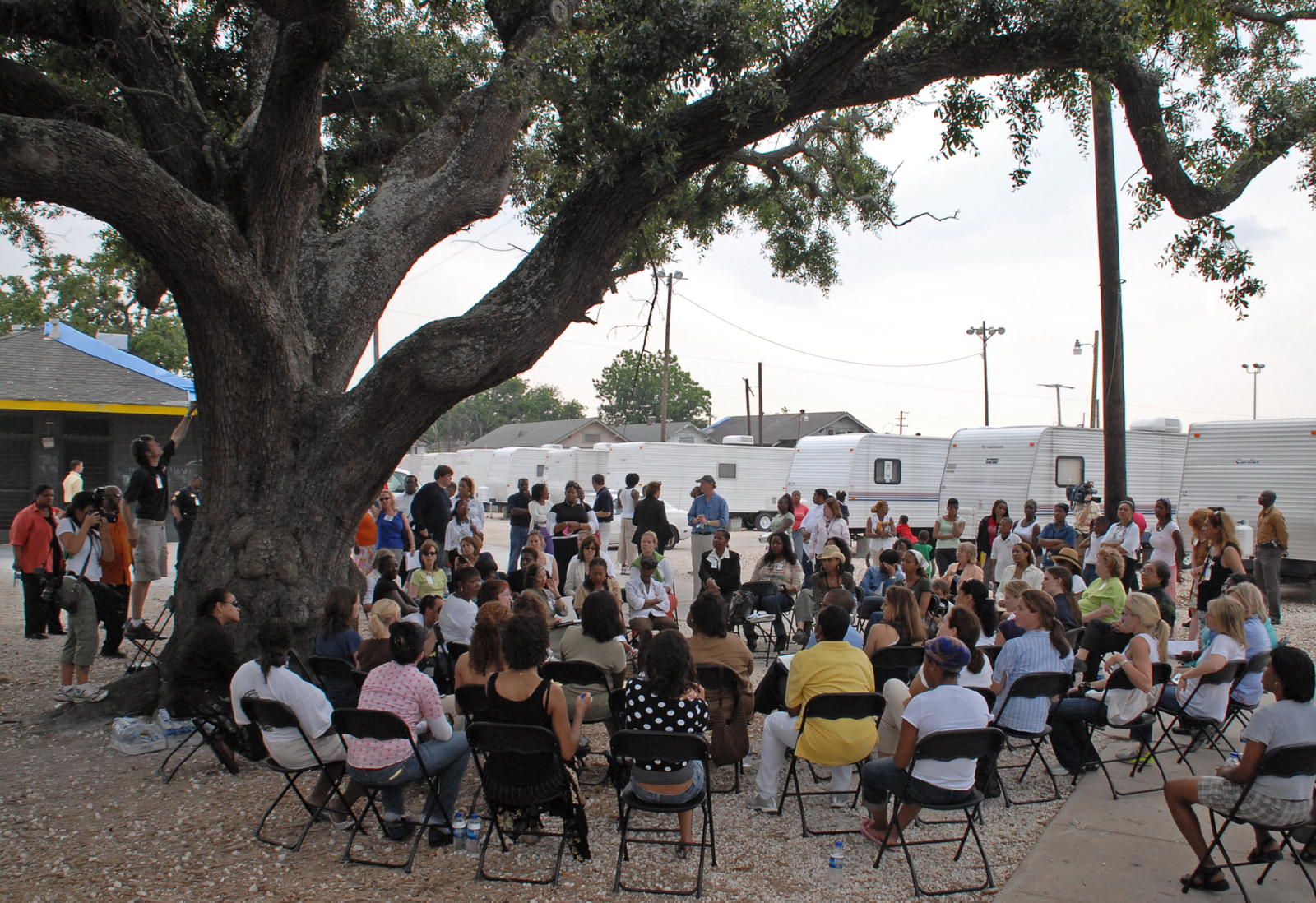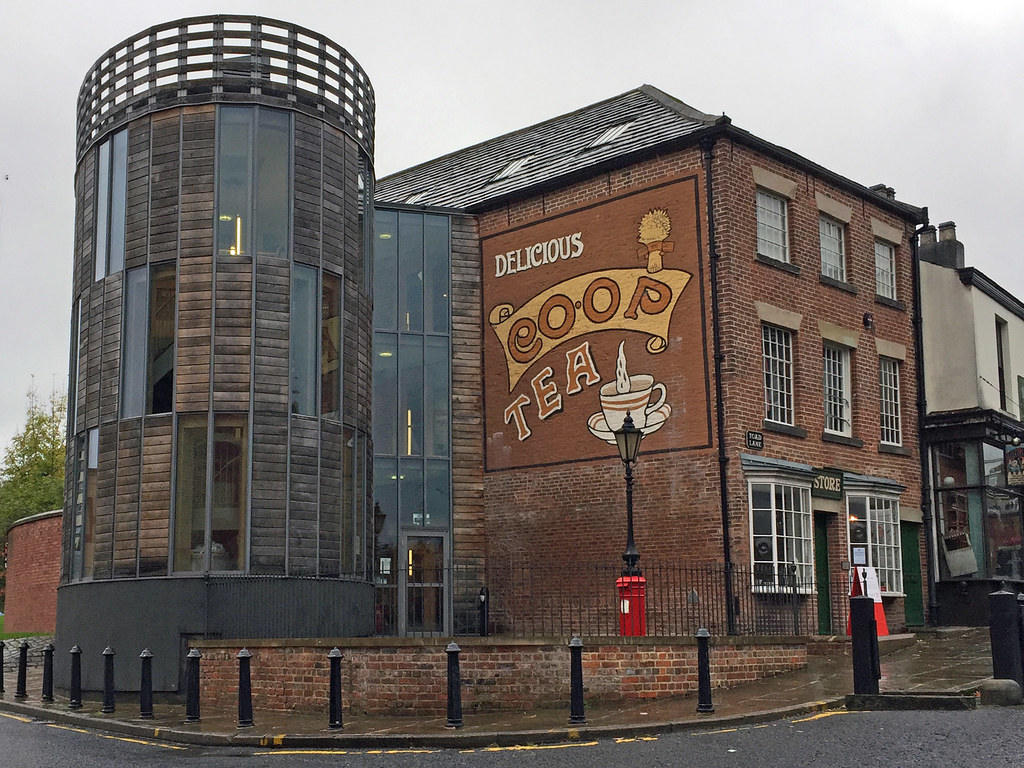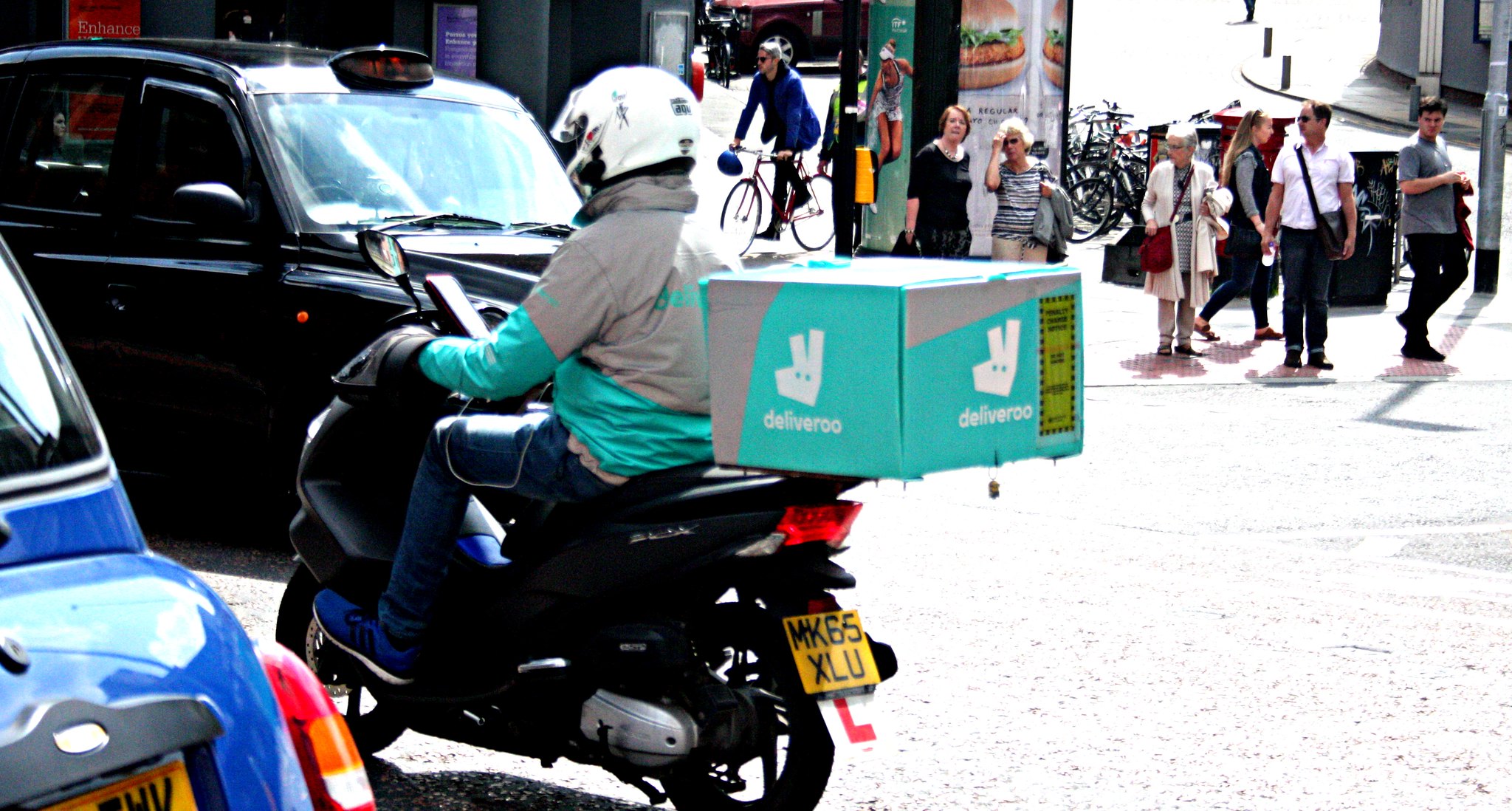On January 6th, former US President and notorious Twitter personality Donald Trump incited thousands of his followers to storm the country’s legislature, with a vague plan to reverse the results of the recent presidential election. Like millions of other US Americans, these fans of Trump had been persuaded, on Facebook and other tech platforms, that the election had been rigged and stolen from them.
Amongst this group were countless individuals who had come to believe that they were somehow soldiers in a secret war against satanic figures as well as many others who were overt white supremacists and neo-nazis. In the immediate aftermath, Twitter suspended the @realldonaldtrump account. Facebook temporarily limited his ability to post, and Apple, Amazon, and Google made moves to disable Parler, an app popular with the extremist right.
Unsurprisingly the chaos in Washington DC and the response of Twitter, Facebook, and other platform corporations have brought new urgency to the growing debates about social media in particular and the digital economy more generally. Somewhat predictably, the debate has begun to take a familiar structure.
Some argue that these actions by the platforms are a long overdue response to the paranoid, xenophobic, and white supremacist hate speech that they have been enabling. While others warn of a “pandora’s box” of consequences of private Big Tech monopolies are allowed to become the arbiters of what is acceptable speech in our society, pointing to the decisions by Facebook and others to target social justice and leftist groups as proof.
Both sides have a point. The corporate platforms have enabled racist and xenophobic speech and they are deeply implicated in the rise of right-wing extremism in America and beyond. At the same time, it is reckless to hand responsibility for managing our systems of political communication to a handful of private companies and in the process allow them to encroach on our privacy.
However, this is just the start of a much deeper conversation that must be had. The events of January 6th, and its aftermath requires us to step back and ask how we want to organise both the social media platforms, and the broader digital economy to which they belong.
This pushes against the dominant themes in mainstream reformism currently in vogue on both sides of the Atlantic — namely stronger regulation and antitrust strategies. These strategies, while useful in many regards, are inherently limited. For instance, simply increasing competition amongst largish for-profit corporations with the same surveillance capitalist business model is unlikely to meaningfully address the major underlying problems and outcomes of the platform economy. In fact, in some instances, around things like data collection, surveillance, and privacy, increased competition may only make things worse.
In our view, the only way to prevent online right-wing radicalisation and hate speech as well as reverse corporate domination of civil society is to establish a digital sector that is substantially public and democratic in character.
Last month Common Wealth and The Democracy Collaborative published “A Common Platform” to begin to set out what that new digital sector could look like, what values and principles should guide its development, and certain pathways to get there.
In addition to other ideas, we proposed three core institutional approaches that could be enacted independently according to specific political and social contexts, or jointly as part of a linked eco-system approach: a Public Platform Accelerator (PPA), public “data trusts”, and a network of Public Digital Cooperatives.
The PPA would be tasked with supporting the development of platforms that replicate existing platforms as well as new platforms that address future needs and concerns, but with a key difference. The platforms created would be not-for-profit, with operational models designed to serve their users and workers, not just maximise returns to its investors. The governance of each platform would be multi-stakeholder. Crucially, these platforms would hold anti-surveillance and data privacy as core values, as well as including mechanisms to allow participation and governance rights to be shared broadly amongst the user base.
These new public and cooperative platforms would not engage in the same surveillance capitalist business models, where all human interactions, engagement, and activity across the platform is turned into data that can be bought, sold, and used to modify individual and group behavior, as private platform corporations. Rather, they should be connected to, and interact with, a network of public data trusts (organized sectorally or by location). These democratically governed data trusts would act as custodians over specific data sets, ensuring that they are collected and used safely and in accordance with what is collectively agreed upon to be in the public interest.
Finally, we propose a network of Public Digital Cooperatives that would establish digital development labs in disinvested communities. Each would be overseen by citizens assemblies with a mandate to ensure that the projects funded develop the infrastructure of a more complete social, economic and political democracy. The labs would work with other public institutions, from the post office and the central bank to the universities and the library system, to develop new, commonly held resources. In this way, we as citizens will have eyes on the shape and direction of the digital economy,, and will be able to take a far more active role in the conscious planning of our shared future.
All this might seem far out of reach at the moment especially the influence that big tech has in elections in the form of campaign strategy and campaign contributions but the constituency for radical reform is more numerous and better organised than it has been since the 1930s.
There is an ever deepening understanding on all sides of the political spectrum that the center cannot hold, and there is no going back to the status quo of a year ago or four years ago. And there are tens of millions of people, especially youths and traditionally marginalized community members, who are seeking and desperate for an alternative. At the same time, however, COVID-19 and the US election haves shown us how the combination of a monopolised and rigged economy and increasingly polarized, manipulated, and decayed public sphere can lead to the desire for alternatives in a dark and terrifying direction.
Despite all its pathologies, digital infrastructure makes collective action possible in ways that would have seemed miraculous to activists and organizers of past generations. We are both far away from power, but closer than we have been in decades. We can, and must, build both the case for radical change and pieces of a new digital economy in the here and now. In this the new generation of co-operators are going to be crucial. Every worker in the digital economy who refuses the siren call of the venture capitalists has it in them to make another world.
The status quo is intolerable and the respectable reform proposals cannot stop radicalisation and enforce our privacy. The sector requires democratisation the only question is if we can deliver it.
Thomas Hanna and Mat Lawrence’s report A Common Platform is available as a free download here.





